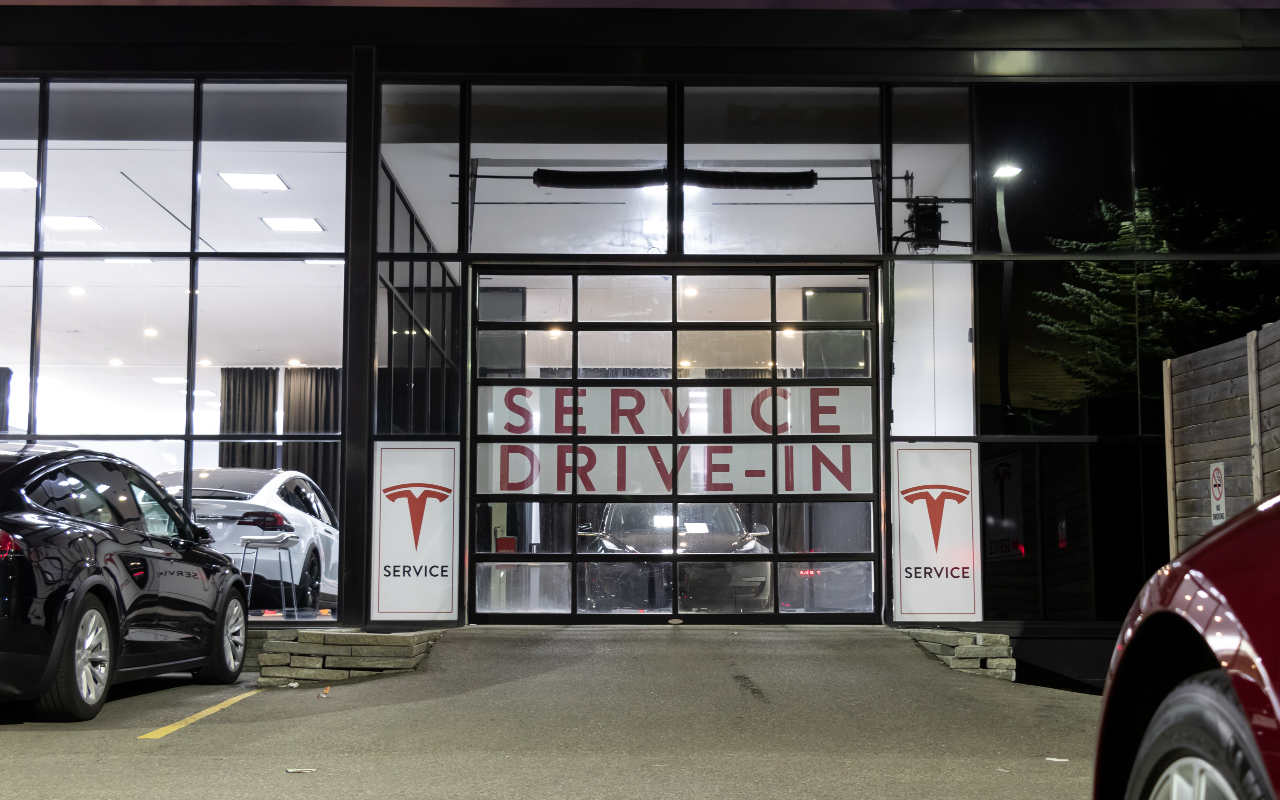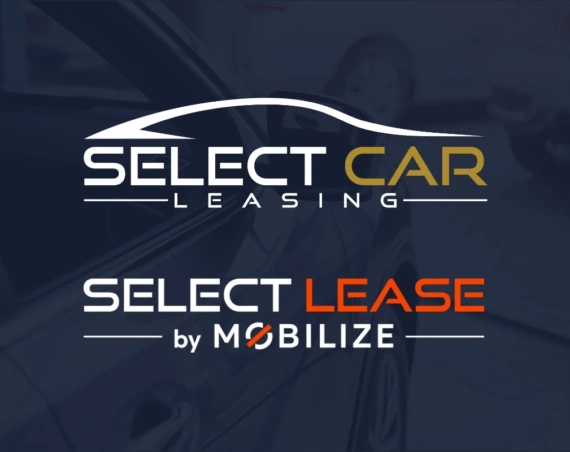The realities of EV ownership and myths around servicing and maintenance requirements.
Authors:
- Chris Barrett, principal service maintenance and repair analyst, Lex Autolease; and
- Chris Chandler, principal consultant at Lex Autolease
THE transition to electric is truly underway. As we head towards the UK’s 2030 ban on the sale of new petrol and diesel vehicles, electric vehicle (EV) adoption continues to gather pace.
Last year, electric vehicles made up 12% of new registrations and figures for 2022 already look set to exceed that. At Lex Autolease we are seeing a similar story, with EVs comprising approximately 50% of car deliveries so far this year.
Aside from the environmental benefits, there are several reasons why the popularity of EVs is skyrocketing. Rapid growth in the number and variety of new models is providing greater vehicle choice, while improvements in technology and range, as well as the expansion of the UK’s charging infrastructure network, are overcoming barriers that many have had around the practicalities of charging.
At Lex Autolease, we want to help our customers understand the various aspects of EV ownership to make sure they are fully informed about this next generation of cars.
Despite typically having a more expensive list price than their Internal Combustion Engine (ICE) counterparts, EVs can offer whole life cost savings, as a result of a combination of factors which include road tax exemption, lower Benefit in Kind (BiK) and lower servicing costs.
Furthermore, in spite of the recent change in the electricity price cap, currently EVs are still cheaper to fuel than ICE vehicles. Though, of course, fuel and electricity costs are always subject to fluctuations in price.
SMR myths and misunderstandings
When it comes to Servicing, Maintenance and Repair (SMR) we often see misunderstandings, with many under the impression that EVs do not need to be serviced or that maintenance can be done remotely via the vehicle’s connected system.
While an electric drivetrain has fewer consumable parts when compared with an ICE alternative, there are parts common to all cars, such as steering, brakes, tyres, wipers and lights. These all should be subject to routine checks and maintenance, and will require replacement or repair should they fail. As a result of the fewer consumable items, such as engine oil or an oil filter, an EV can offer up to a 20% saving on SMR provisioning*.
Furthermore, regenerative braking where the electric motor is used to slow the vehicle, can place less strain on brake pads and discs, reducing component mortality and replacement charges. However, this saving can be offset by more complex systems which can make the vehicle more expensive to maintain or repair.
That said, the fact that an EV still needs to be serviced should not be considered a negative when taking into account the savings to be made and these are reflected in Lex Autolease’s SMR budgets.
What is more, by opting for an all-inclusive maintenance package, private and business users can benefit from the financial incentives available whilst also avoiding the risk of any unexpected and potentially costly repairs, providing peace of mind.
The country is working hard to reduce emissions and the transition to electric is within reach. By ensuring our customers are properly informed on all aspects of electric vehicle ownership, we can continue to play our part on the path towards achieving our net zero ambitions.
*Based on an analysis conducted by Lex Autolease of a sample of some of the most popular electric vehicles it offers against their ICE equivalent and reviewed over a number of different contract mileages.




